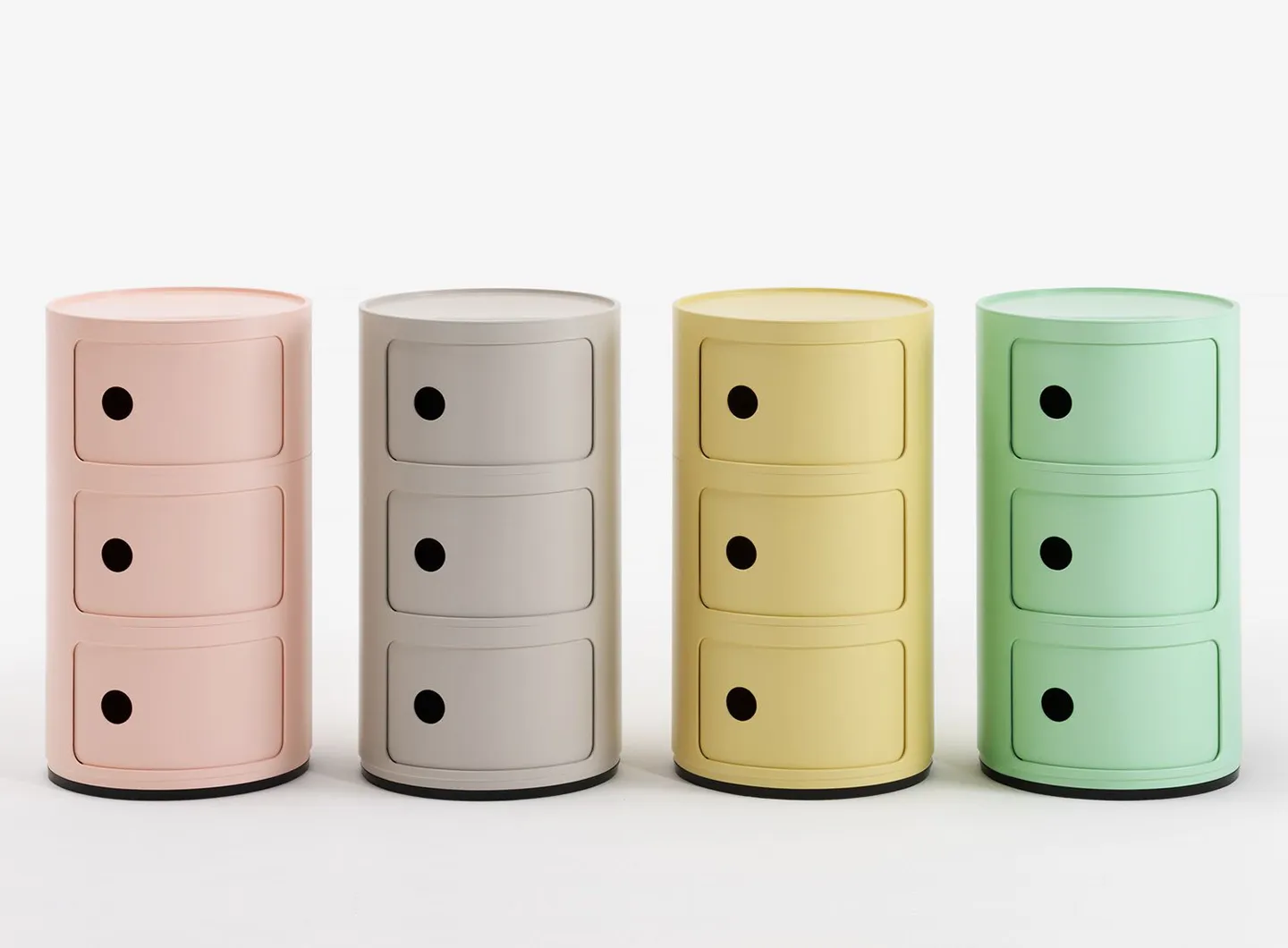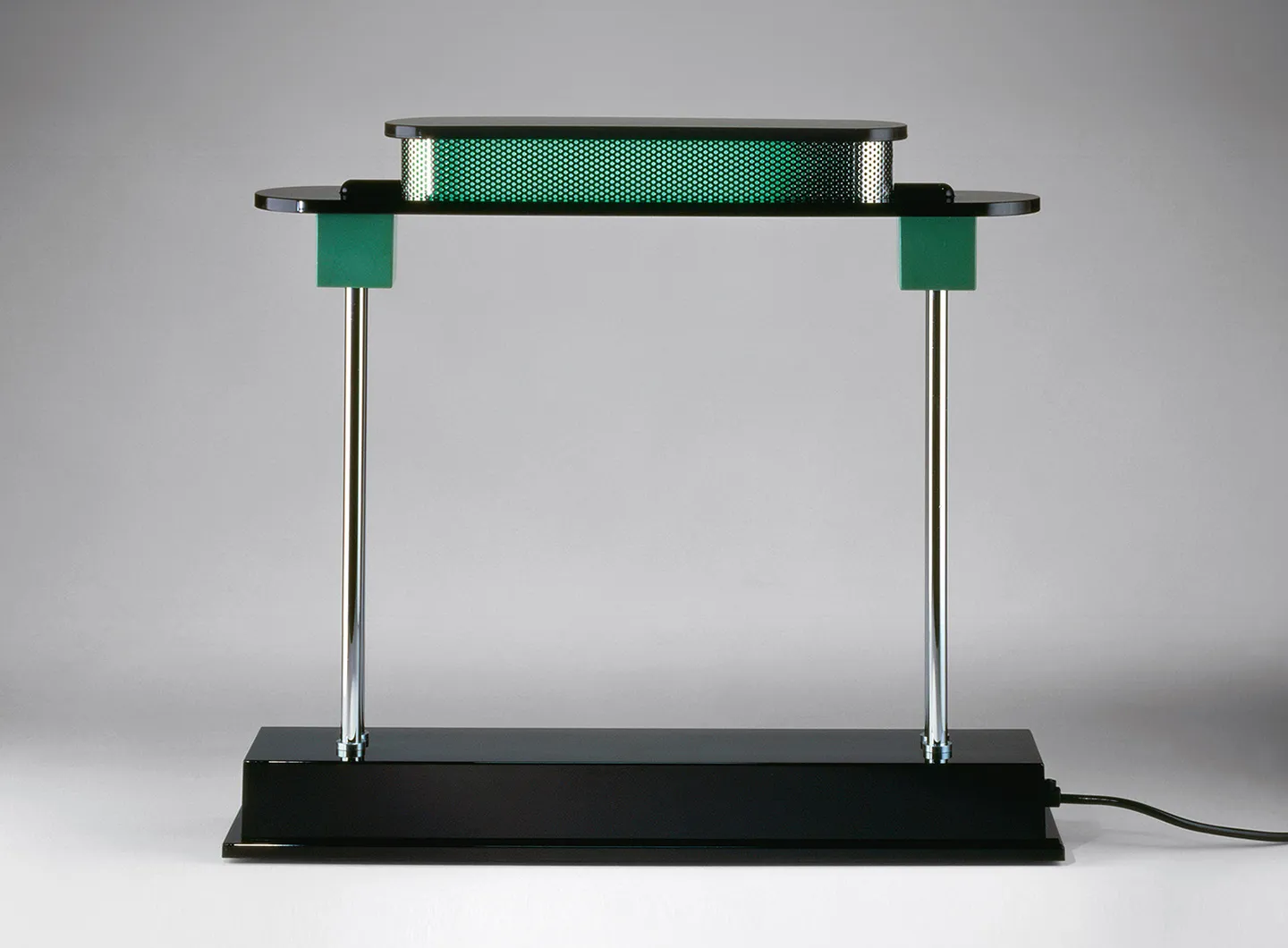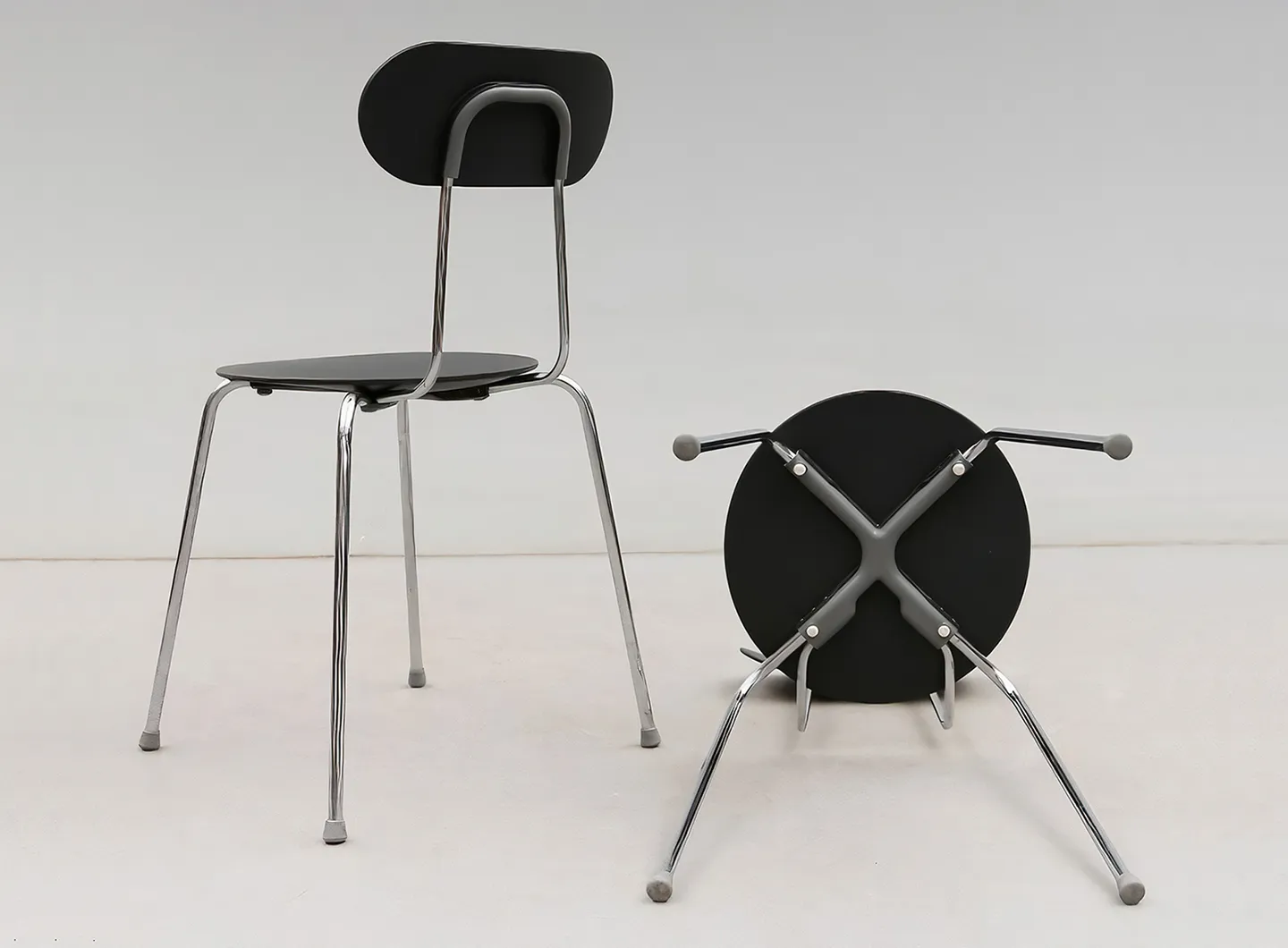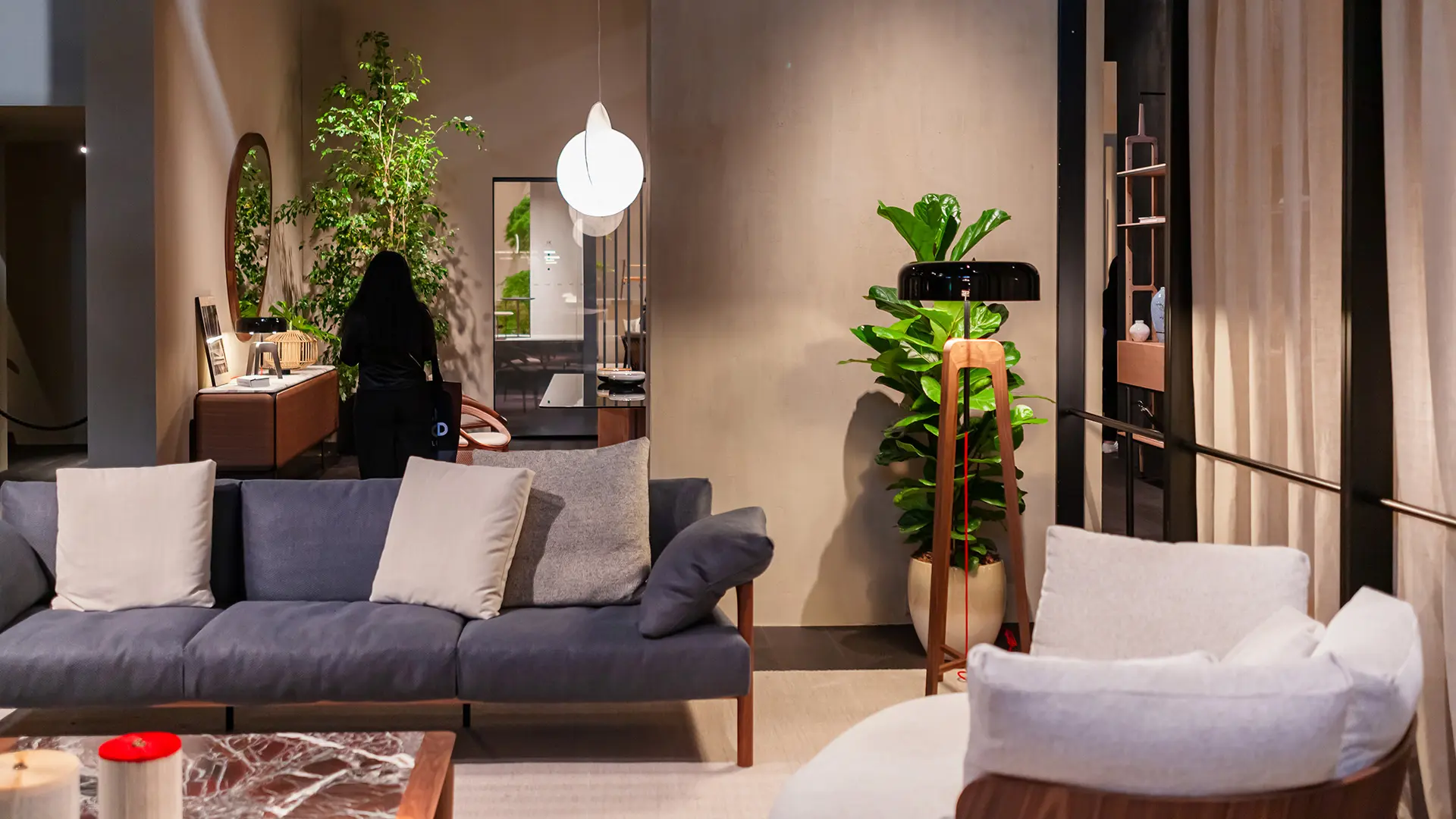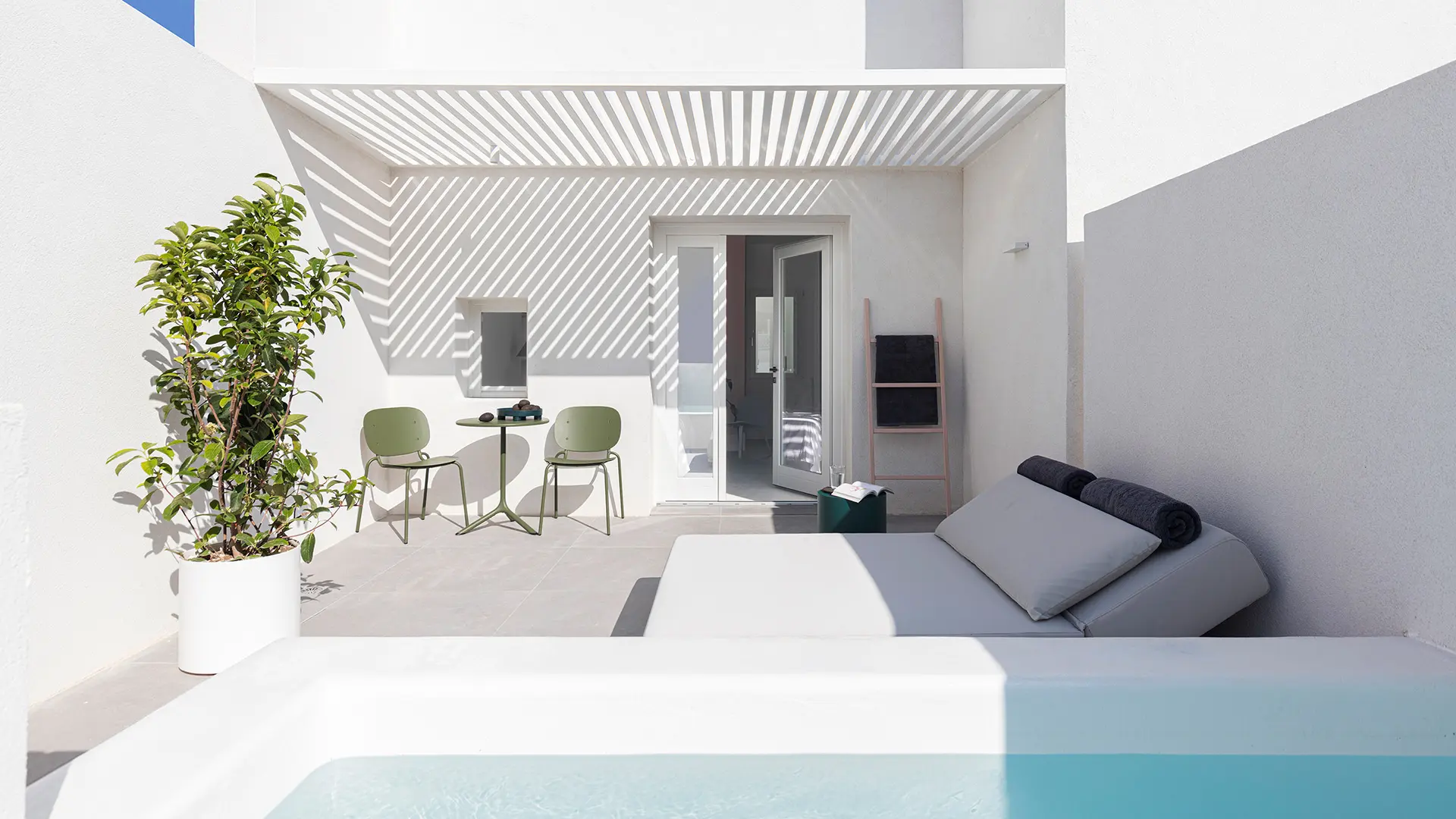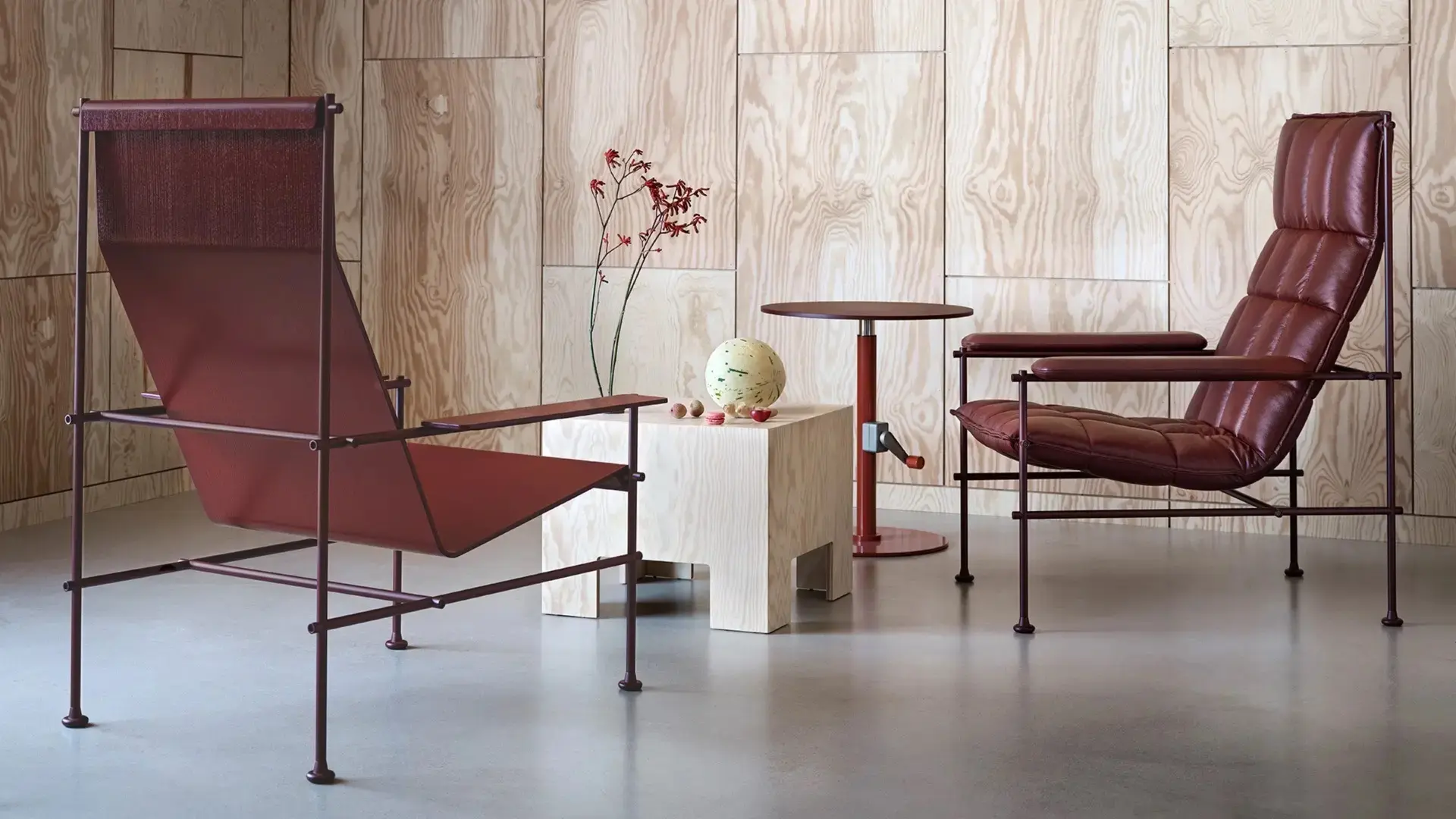Modular, comfortable, with a refined aesthetic and sartorial details: a selection of furnishings designed to make every home interior truly unique
Reimagining traditions in light of sustainability: five case studies

From Enzo Mari to Patricia Urquiola, five re-editions of icons of Italian design by companies in light of energy efficiency and the circular economy of materials.
Sustainable re-editions take into account both a trend and an urgency: in recent years we have been increasingly playing witness to the phenomenon of companies reimagining and reissuing the great classics of modern design; the ecological transition is a necessity that requires us to rethink the production of objects and furnishings in their entirety.
The selected products are the result of a marriage of ethics and aesthetics, tradition and innovation. They demonstrate that we can rethink our material and cultural heritage from a contemporary setting, respecting both the desires and the necessities of our time. The 2020s provide the perfect vantage point from which to reimagine the lessons absorbed from the great names of Italian design. But it doesn't end there: with a fair dash of objectivity, we can absorb their past momentum and thrust them forward into the contemporary world.
Patricia Urquola and Eliana Gerotto, Caboche, Foscarini
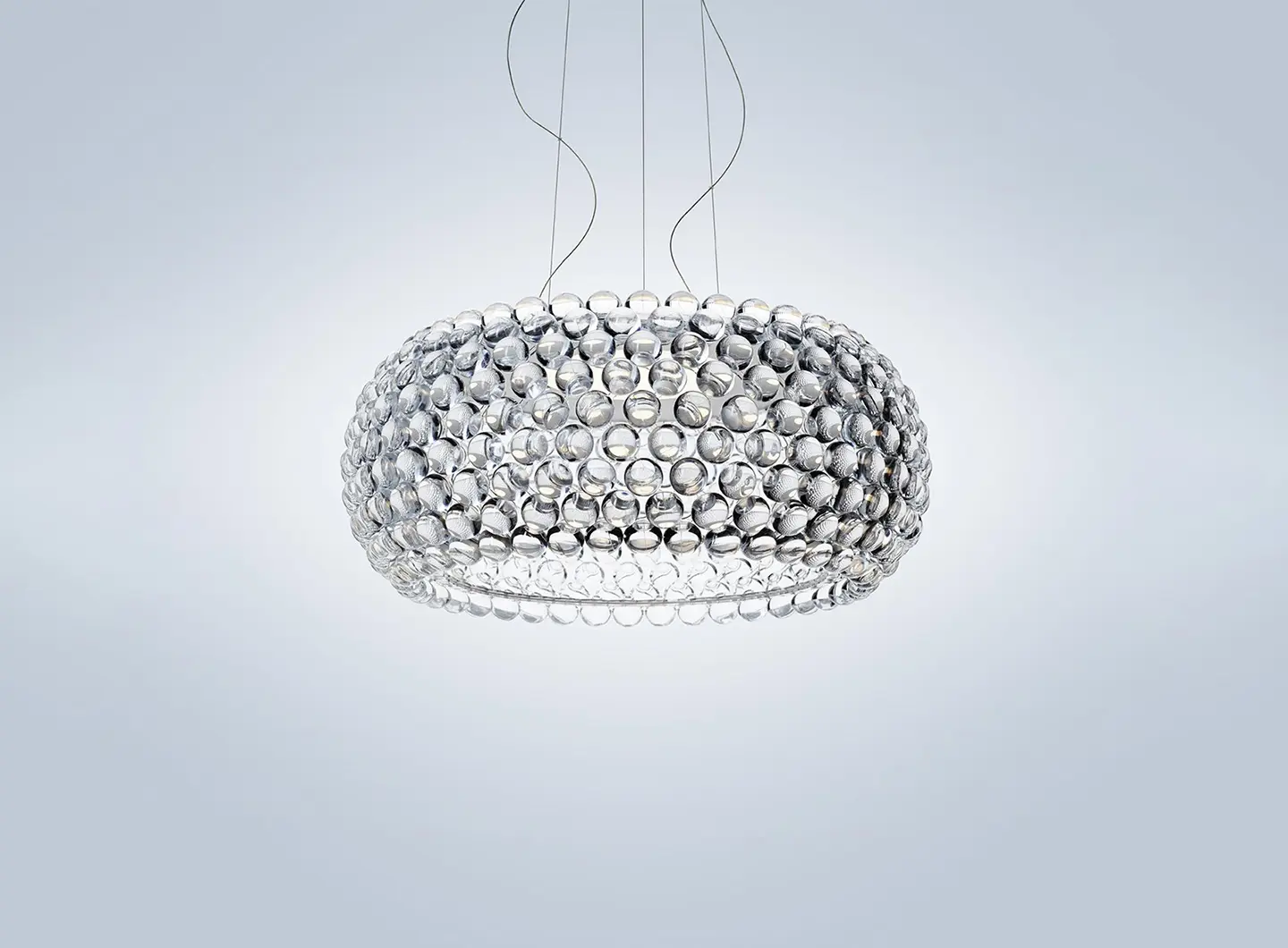
The inspiration for Caboche, a lampshade designed by Patricia Urquola and Eliana Gerotto for Foscarini in 2005, comes from a Bakelite bracelet from the 1930s. The collection, as light, sophisticated and priceless as a treasured piece of jewellery, is now transformed into Caboche Plus, a new version which takes stock of technological evolutions as well as seeing its shape simplified. The new latest generation double-sided LED light unit, designed by Foscarini, lends the lamp an impeccable light output, improving energy efficiency by up to 40%.
Lievore Altherr Molina, Duna 02 Eco, Arper
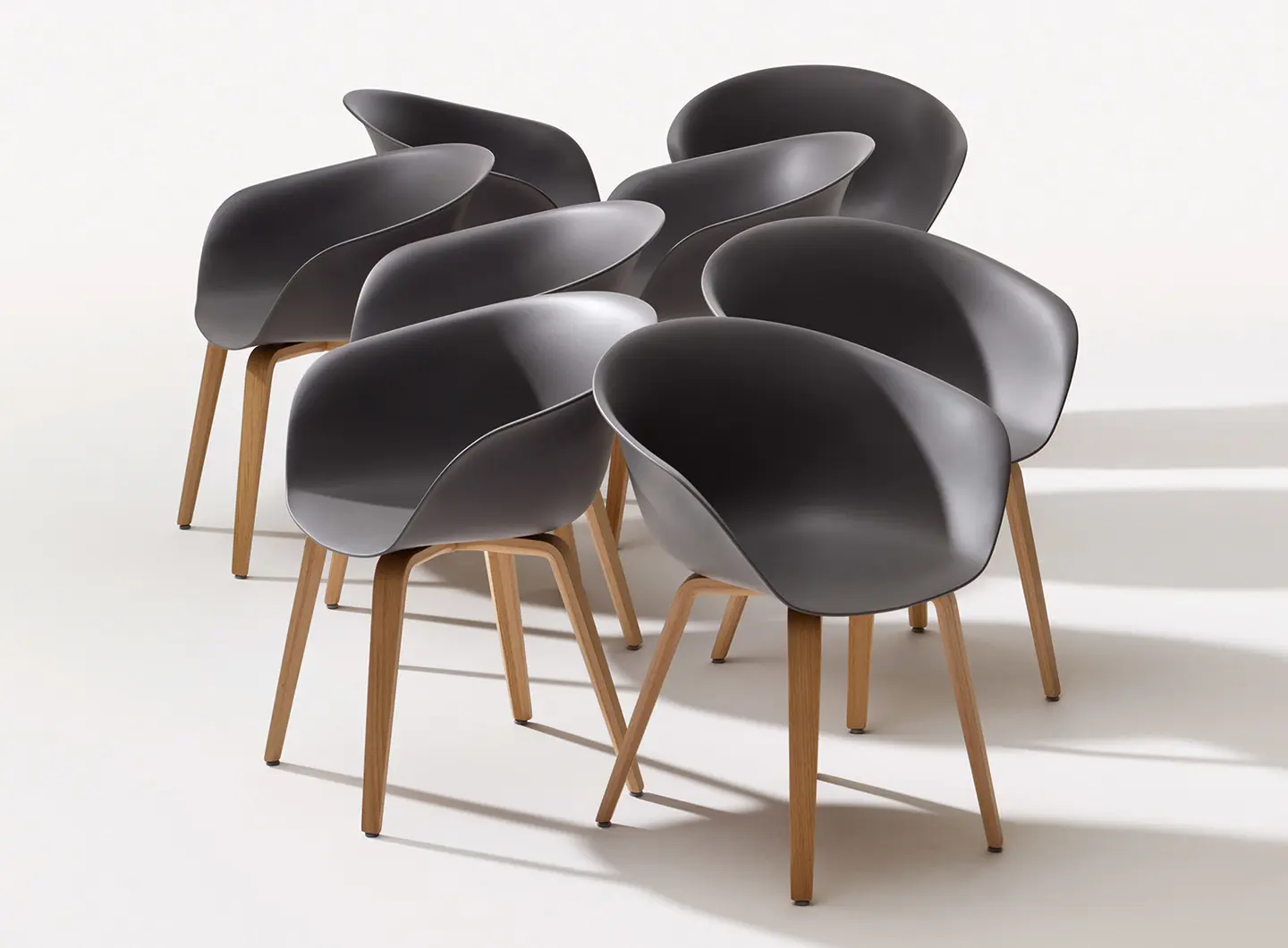
As graceful and enveloping as a flower, the Duna armchair is evocative and contemporary. Designed in 2000 by Lievore Altherr Molina, the product has been restyled as the Duna 02 Eco, which consists of an eco-sustainable plastic shell made from 80% post-industrial recycled material, with four wooden legs. Duna 02 Eco has obtained Greenguard Gold certification.


